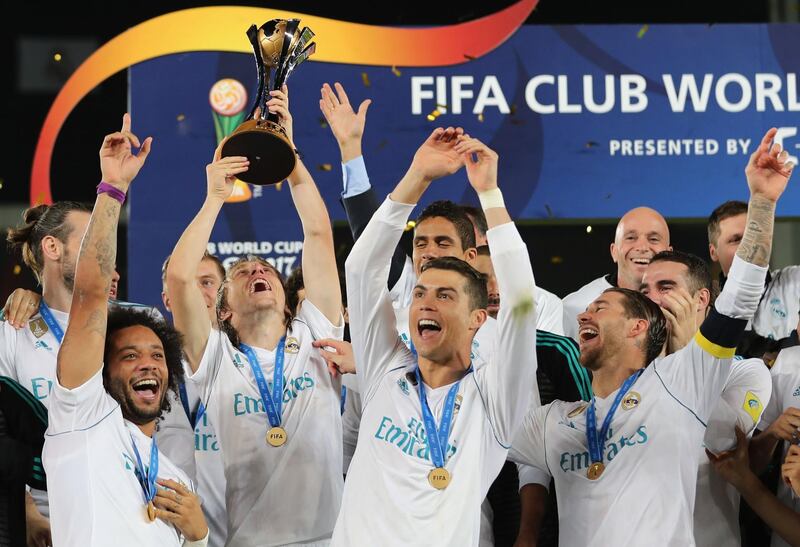The champions across Europe’s top leagues all recorded an after-tax profit for the 2016-2017 season, highlighting the shift of the football industry towards sustainability, according to the KPMG Football Benchmark team.
The current title holders across the 12 leagues, namely Monaco, Turkey's Besiktas, Celtic, Chelsea, Basel, Bayern Munich, Spartak Moscow, Romania's Viitorul Constanta, Feyenoord, Juventus, Real Madrid and Benfica, have all show a strong off-the-field performance the latest European Champions Report said.
All the clubs but two, Bayern and Basel, increased their operating revenues year-on-year, when calculated in local currency.
“Moreover, revenue generated from the top-flight Uefa competition remains a key driver of growth, most prominently for mid-size clubs, as it impacts not only the broadcasting segment but also matchday and commercial,” said Andrea Sartori, KPMG’s global head of sports and the report’s author.
After surprising last season, to win France’s Ligue 1 and make a run to the semi-finals of the Uefa Champions League, Monaco recorded an impressive 86 per cent year-on-year increase in operating revenues. Almost half of its income came from taking part in the Champions League.
Monaco’s budget is approximately one fourth of domestic rivals Paris Saint-Germain. Celtic showed the second highest year-on-year revenue growth with 52 per cent.
__________________________________
Read more:
[ Manchester City announce record revenue of £473 million for last season ]
[ English football's economic miracle driving Staveley's Newcastle bid ]
__________________________________
European and world champions Real Madrid had the highest operating revenues, at €671 million, followed by Bayern, who failed to reach the semi-finals of the Champions League for the first time in six years, at €588m. England’s Chelsea earned €420m, a 9.8 per cent year-on-year increase in local currency.
Real also has one of the highest player wages to revenue ratios at a 61 per cent after staff costs increased 32 per cent to €406m, the highest in the world – a ratio of around 50 per cent is the ideal figure that a club should strive for. Juventus have a 64 per cent ratio and Monaco had the highest at 69 per cent.
All three clubs, however, reached the Champions League final or semi-finals, showing some correlation between on-the-field success and spending off it.
“One of the main challenges affecting football clubs in recent years has concerned the sustainability of their business. Notwithstanding this, all European champions included in the report scored an after-tax profit; indeed, despite eye-catching transfer deals and spiralling staff costs, the industry is headed towards a direction where being profitable is not a chimera anymore,” said KPMG’s Sartori.
Real Madrid’s commercial revenues increased 19 per cent year-on-year off the back of new sponsorship deals and this trend is expected to continue this season as a €70m shirt sponsorship agreement with Fly Emirates kicks in.
Listen: Business Extra Podcast: The return of Opec's influence but how long will it last?
Another trend is that of digitalisation, which is gaining in relevance year after year, according to KPMG Football Benchmark. Real again is the biggest club in terms of social media following, dwarfing its nearest rival Chelsea which is second for social media presence. However, it is the individual players such as Real’s Cristiano Ronaldo, James Rodríguez of Bayern, David Luiz at Chelsea, Monaco’s Falcao and Pepe at Beşiktaş who are the real stars on social media, with bigger followings that those of the clubs they play for.
Practice 👌 pic.twitter.com/VQ5jqj55cz
— Cristiano Ronaldo (@Cristiano) January 10, 2018






